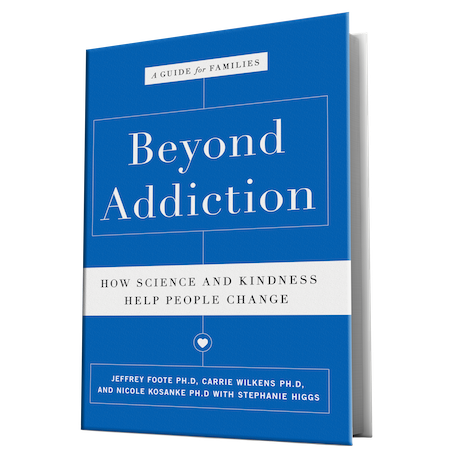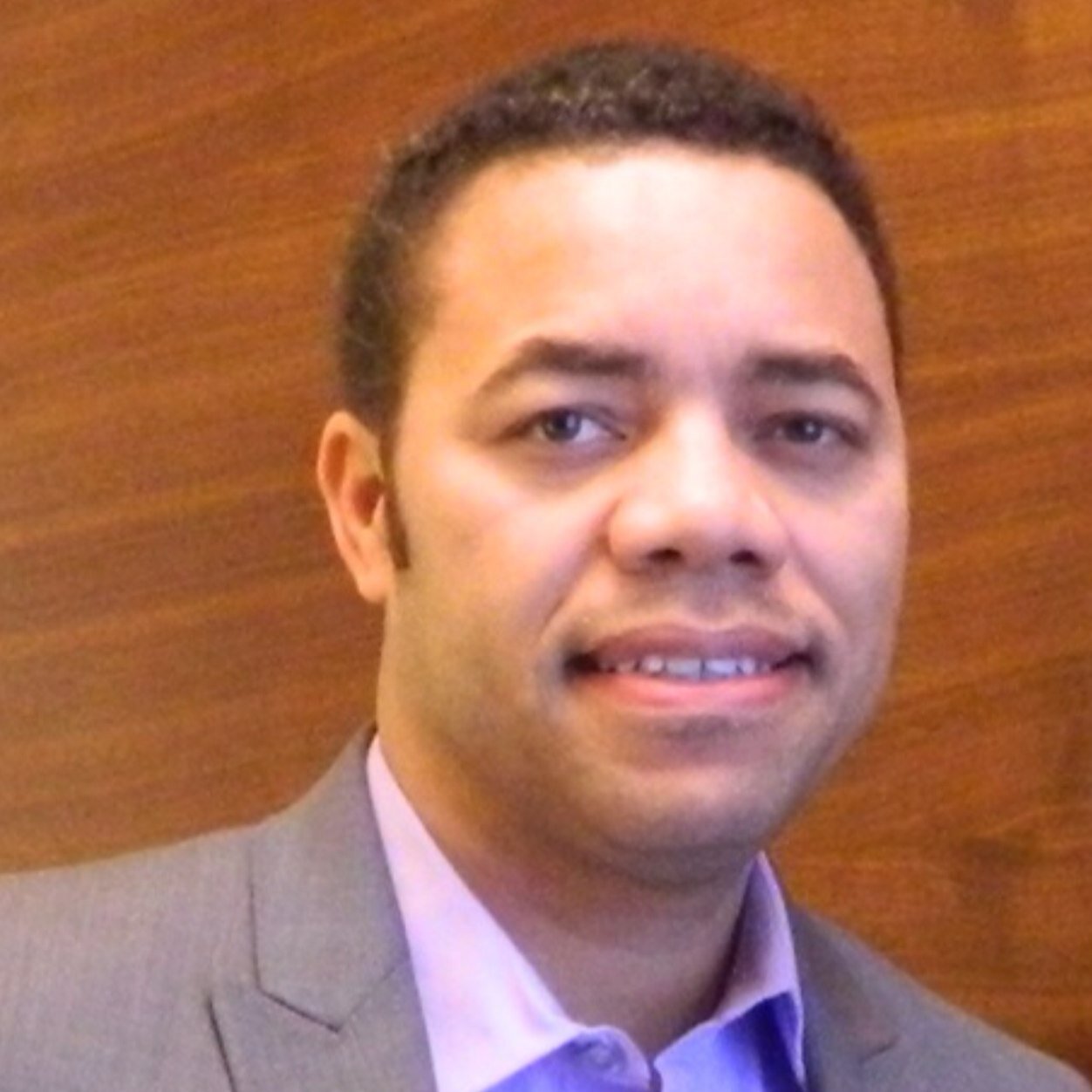Helping families assist substance-abusing relatives is a focus of several Adelphi faculty members and alumni.

Carrie Wilkens, Ph.D.
Helping families assist substance-abusing relatives is a focus of several Adelphi faculty members and alumni.
“With young people, you have to involve the family,” says Derner Institute alumna Carrie Wilkens, Ph.D. ’00, co-founder and clinical director of the Center for Motivation and Change (CMC), a Manhattan- and White Plains, New York-based private practice that specializes in the treatment of substance use and compulsive behaviors. “The parents have the leverage and need to reinforce the behavior they want to see and set limits around the behavior they’re trying to discourage.”
 Dr. Wilkens has written a new book with her colleagues designed to teach family members how to influence change in their loved ones with addiction problems. Beyond Addiction: How Science and Kindness Help People Change (Scribner, 2014) explains techniques from an approach to addiction treatment called Community Reinforcement and Family Training (CRAFT). CRAFT—developed by two University of New Mexico professors as an alternative for families to the strategy of detachment espoused by Alcoholics Anonymous and the strategy of confrontation encouraged by the Johnson Institute—is the model CMC psychologists use when working with families.
Dr. Wilkens has written a new book with her colleagues designed to teach family members how to influence change in their loved ones with addiction problems. Beyond Addiction: How Science and Kindness Help People Change (Scribner, 2014) explains techniques from an approach to addiction treatment called Community Reinforcement and Family Training (CRAFT). CRAFT—developed by two University of New Mexico professors as an alternative for families to the strategy of detachment espoused by Alcoholics Anonymous and the strategy of confrontation encouraged by the Johnson Institute—is the model CMC psychologists use when working with families.
“The conversation has to change,” Dr. Wilkens says. “Parents get the message that the only thing you can do if your loved one is using substances is distance yourself or confront them. It’s the only thing you see on TV.” She continues: “Confrontation works on TV. You yell at someone on TV, and we’re riveted; you yell at someone in treatment, they drop out. There are mountains of research that show confrontation is the least effective strategy we can use.”
Dr. Wilkens explains what goes wrong when family members confront their substance-abusing relative: “When they talk to their loved one, they’ll come at them with lots of emotion and wanting to challenge them and tell them how strongly they feel, hoping they’re going to get some sort of reaction out of them, and what they get is defensiveness. The substance user ends up defending their position, and the conversation goes nowhere.”
A better approach, she says, is to keep your child talking by asking open-ended questions. “Because once your kid starts talking, there’s a ton of information there you can use to be helpful to them,” she says. “Just because you’re letting your kid tell you, ‘This is why I want to smoke pot,’ doesn’t mean you’re somehow condoning pot. You’re actually just having a conversation about their feelings, and then you can take that and say, ‘O.K., it sounds like you like to smoke pot because it helps you not feel so anxious around your friends. How can I help you do that in another way?’”

Errol Rodriguez, Ph.D.
In his private practice, Errol Rodriguez, Ph.D., assistant dean and director of the Master’s Program in General Psychology and Mental Health Counseling at the Derner Institute, counsels family members to consider all the ways they might knowingly or unknowingly enable their relative’s continued addiction. Often, family members attempt to help their relatives by stepping in to protect them from the natural consequences of substance abuse, he says—whether it’s dragging them out of bed so they aren’t punished for missing school or paying their rent after they get fired from their job because of their substance abuse.
“A dad will say, ‘I just paid my kid’s car note. I don’t want him to lose his car and wind up getting a bad credit score.’ And I’ll say, ‘Why not?’” Dr. Rodriguez explains. “‘Well, I don’t want to see him mess up his future,’ dad says. But he’s messing up his present. If you pay for his car, and he doesn’t feel the impetus to stay clean, to go to work and make the money to pay for his car, what have you accomplished? And what will he do with the money you’ve just freed up for him?”
Dr. Rodriguez works with families to help them look at their own contributions to their loved one’s problem and agree on strategies to push the relative towards the choice to get sober.
“The hypothesis is the less you enable and the more you reward non-use, the more you move this person toward making a decision to continue non-use or, at the very least, reduce the amount of their using because it’s not netting them any positives,” he says. “Hopefully that loss will get their attention and make them a little more humble, they may be able to hear the message that their struggle is causing their family and friends to struggle, and that there’s a way out.”
For further information, please contact:
Todd Wilson
Strategic Communications Director
p – 516.237.8634
e – twilson@adelphi.edu